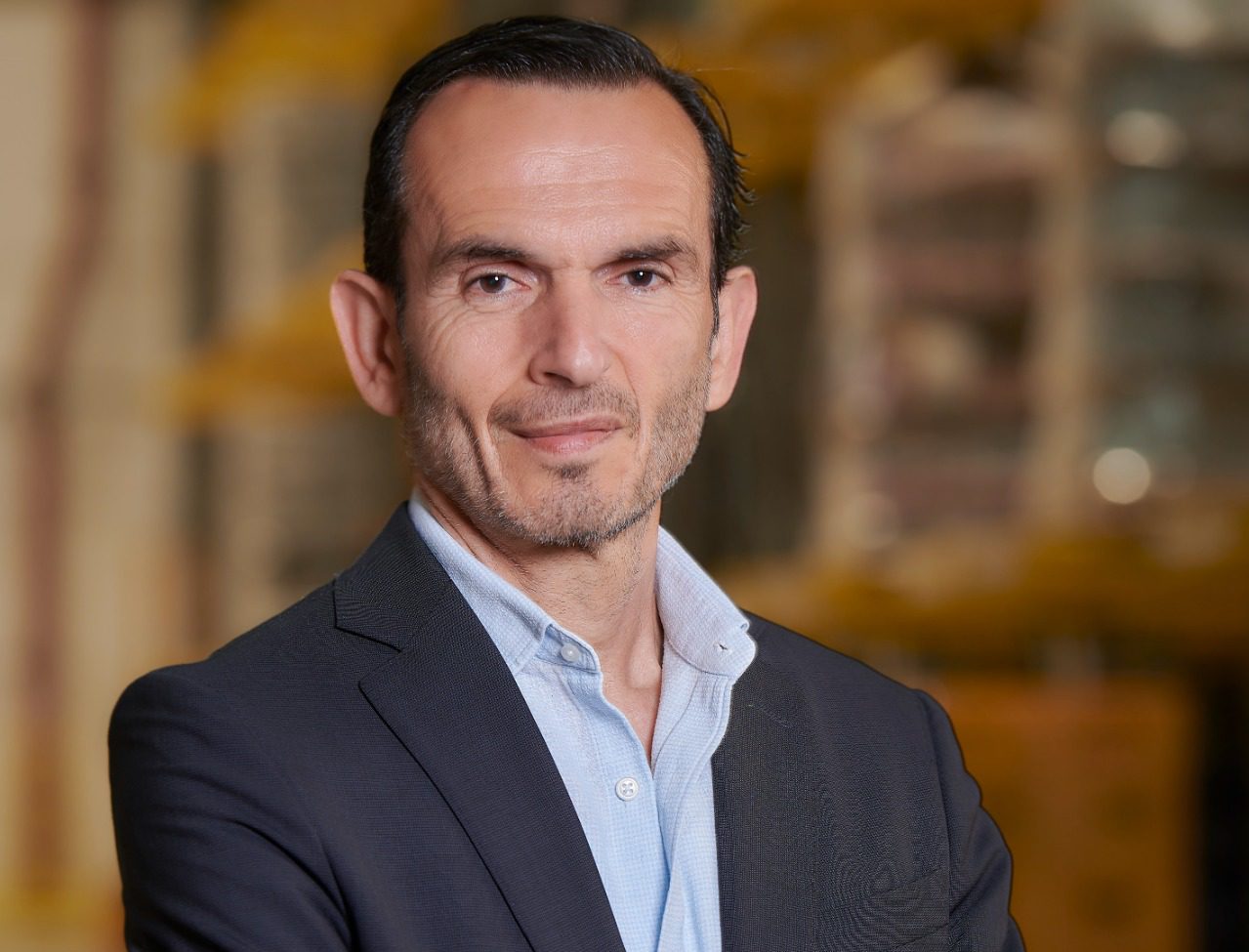The need to have a Non-Executive Director (NED) has constantly been emphasised over recent years, with many businesses seeking to introduce them to their Board of Directors.
However, to some others, the role of a NED is still relatively unclear, with many business leaders not fully aware of the benefits that such an individual can bring to the business.
First of all, what is a NED?
A NED has a spot on an organisation’s Board of Directors, serving as independent board members who are not part of the executive team. They tend to work on planning and policymaking projects, and very rarely delve into daily management operations.
On the other hand, an Executive Director represents a senior management official who has management responsibilities such as a CEO, Chief Financial Officer, Chief Marketing Officer or Managing Director.
The importance of a NED was highlighted further during the Family Business Forum, an event co-hosted by Ganado Advocates and Zampa Debattista on Thursday. The forum brought together various professionals and governance specialists to discuss different perspectives on how important strong governance is when it comes to establishing value for family businesses. One of the panels, moderated by Ganado Advocates Senior Associate Christina Scicluna, featured Zampa Debattista Co-Founding Partner Matthew Zampa, AX Real Estate CEO Denise Xuereb, and Ganado Advocates Partner Simon Schembri.

During the discussion, Mr Zampa was asked whether businesses, particularly family-owned ones, show a resistance to bring on external independent Directors.
“In my experience, most family businesses fail because of the mindset adopted at the top level. Some fear letting go and putting the trust of their organisation to their children or external people. Many businesses lose ground and become slow at making decisions,” he said.
Contrary to this, he explained that there is actually “a lot of value that can be sought from outside the organisation” which can then help increase the holistic value of the organisation in ways which are “not seen by the existing leaders”.
Dr Schembri reaffirmed that businesses, particularly smaller ones, need to start introducing independent people or advisors to give them insights on how they can further develop the existing business, “especially when they’re seeing a growth spurt”.

“This should be tied in tandem with what should happen once we see the business pass from the older generation to the younger generation. In cases of tight Boards, it is even more important to introduce an independent Chairman, who’d give a different direction, and in the case of conflict, they’d be the one deciding on what to do,” he stressed.
However, he also clarified that there are situations where family businesses are “resistant” to introducing an independent member to their Board, and therefore service providers “need to cater to these situations” depending on the company and the characters within it.
Ms Xuereb, who has her fair share of experience working in a family business having been involved in AX Group for various years, provided her own perspective as a member of a Board.
“There are various Boards at AX Group. In our case, a very important aspect of running a family business and ensuring the protection of the family is the Board composition. That has to remain key to ensure the protection of the shareholders,” she said.
She remarked that in AX Group’s case, choosing a Director is “key”.

“You want thinkers. You have your management to do the work. You want thinkers to challenge the day-to-day running of the business,” Ms Xuereb highlighted.
She stated that these individuals do not necessarily have to be technically competent in the field, as their main role is to bring into play different perspectives from various backgrounds about how things can be improved.
“You want a balanced representation from the Board. You want a Board to challenge. For the good of the business, you want to make sure you have people to think,” Ms Xuereb continued.
Mr Zampa also stressed the importance of such a balance, emphasising the need for a mixture of both “experience and expertise”.
“I believe businesses shouldn’t see this as levelling and ticking the box towards compliance. I believe that when appointing NEDs and other members to the Board, one should look at creating and adding value to the organisation, and NEDs help in doing that,” he concluded.
In a separate discussion during the forum, Malta Chamber of Commerce, Enterprise and Industry CEO Marthese Portelli also highlighted the significance of appointing a NED. She stated that when the Malta Financial Services Authority (MFSA) had initially issued a document on NED, The Malta Chamber had emphasised that there needs to be a distinction between an Executive Director and a NED, as they have very different roles in a company.
Featured Image:
From left: Ganado Advocates Senior Associate Christina Scicluna, Zampa Debattista Co-Founding Partner Matthew Zampa, AX Real Estate CEO Denise Xuereb, and Ganado Advocates Partner Simon Schembri during the discussion / Rene Rossignaud
New distribution centre to give spun-off food business ‘marked advantage’ – Farsons CEO
The centre is set for completion in 2026.
Are constructive dismissal cases on the rise in Malta?
Lawyer Andrew Borg Cardona notes that more employees seem willing to challenge perceived unfair treatment through constructive dismissal claims.
We are ‘sharing a piece of Maltese heritage with West Africa’ – Farsons Deputy CEO
Kinnie is now also manufactured in Ghana.
Businessman Jean Paul Busuttil murdered in Bidnija
He was the Founder of Luxury Living Technologies plc, listed on the Malta Stock Exchange.









